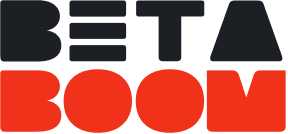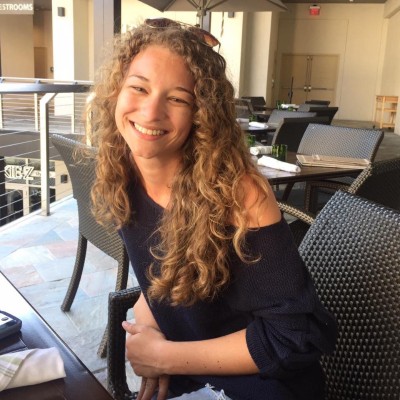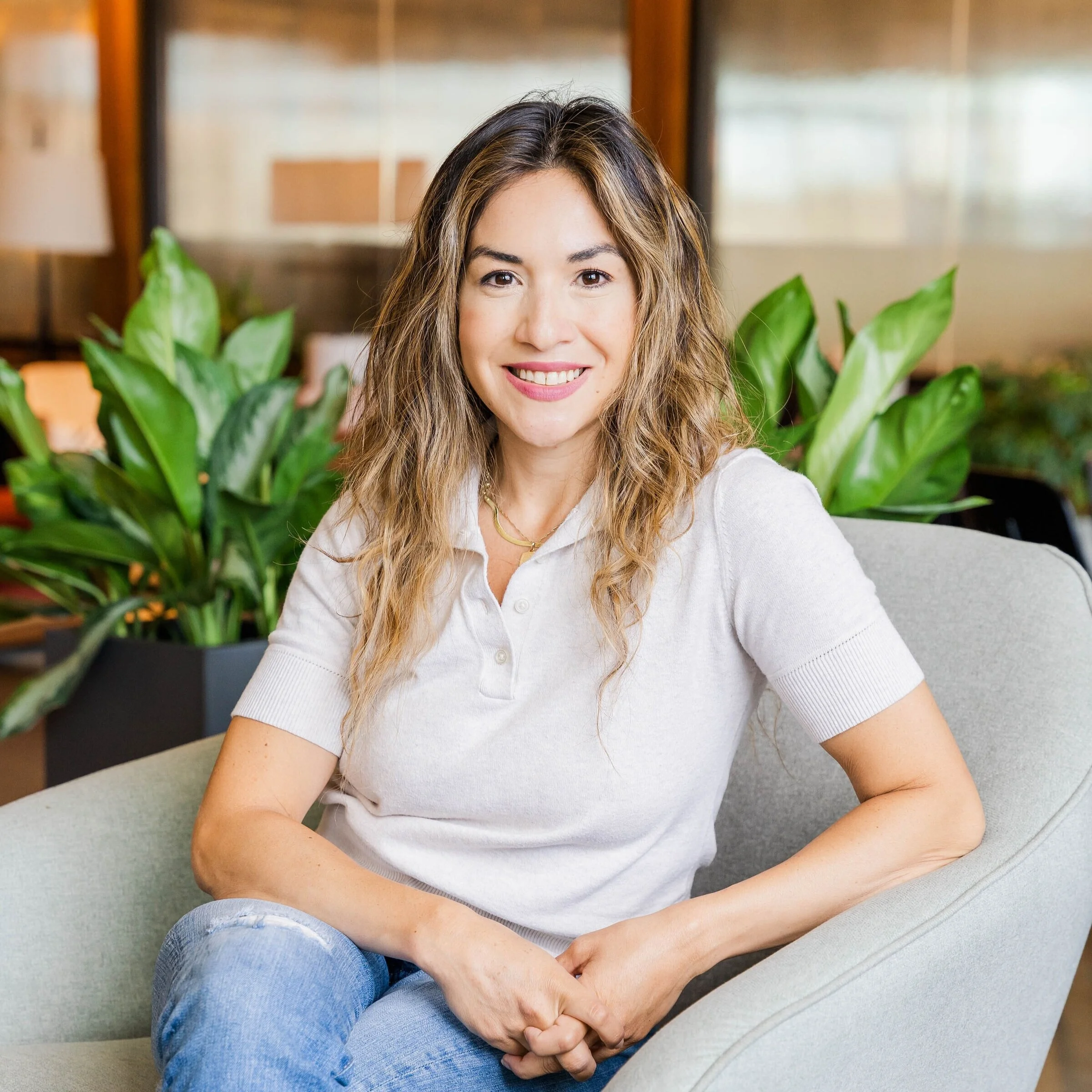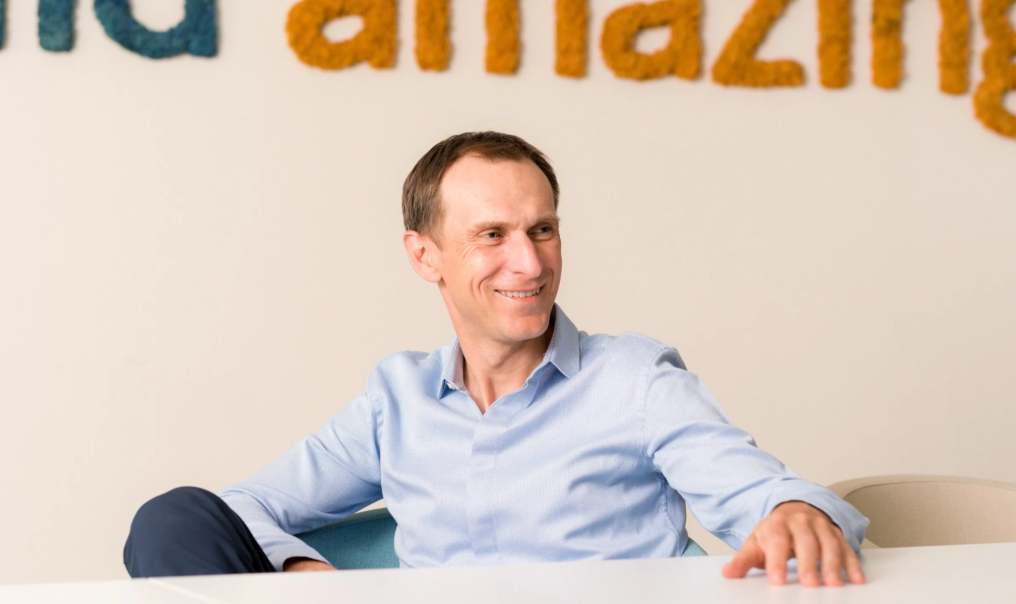Siddharth Singh, 39, has spent much of his life analyzing how to solve big problems. He prefers to look at the overall picture and how to do the most good within those parameters.
Singh, who currently lives in Brooklyn, New York, began life in India. He grew up in Bombay and eventually moved to London with his family when he was about 13 years-old. Singh spent the rest of his youth in London, and later attended Imperial College London where he studied engineering.
After he graduated he moved into the banking world, as well as building different social enterprise businesses. He then founded his first startup in the U.K. before creating a tech incubator. Singh eventually ended up in the U.S., where he began working with Fortune 100 companies to develop new products and help launch businesses.
Then Bolder Money came into existence in 2021. The origins of the startup came out of the realization that money is entirely emotional. Its vision is to build the wealthiest generation of Americans by teaching everyone how to have a healthy relationship with money.
More interesting than Bolder Money’s mission is how Singh connected with his business partner. In the summer of 2020, he met his future co-founder, Amy Schultz. The two were introduced while Singh was networking in the financial coaches space. He set out to speak to as many financial coaches as he could. From there he eventually met Amy and the rest is history.
Here is Singh’s story.
It was a big risk to launch a startup with someone else. What is it like having Amy as a co-founder?
It was a massive risk, but we determined there was a business opportunity here. The start-up life is different. It creates this requirement to really believe and trust in each other. For us, that took time. We went through several iterations of the idea and of our relationship to get to the point where we felt confident enough to keep pushing. The reality is that we have a shared vision. I think that's what basically drove us both. We believe this needs to exist. We believe everyone in the universe needs a financial coach.
Everyone comes from a different experience, a different background. I think you need to consider your expectations and biases. I often say there's no substitute for working with someone. That's the only real way to learn and build a relationship. The more time you spend together, your work will be the proof of whether the partnership will work.
What lessons did you take away from the banking industry that helped Bolder Money become a success?
I think it is persistence. If someone says no, that's not a no – it’s a maybe. If you apply that mindset to your startup, it opens up the way you think about the whole process. There are so many founders who can give you examples of being turned away the first time and six months later, they get a yes. We spoke to hundreds of investors over the last two years and you realize that everyone's doing their job and you're doing your job.
What are some funding resources that every underdog founder should know?
There's no substitute for real revenue, every founder should first try and build a business, before it becomes a venture-backed business. This means charging for your product or service, and if you do that you'll be in a much better position. We charged for our coaching from day 1, and it gave us confidence in what we were building, and capital we could re-invest in the business.
You mentioned the idea that a business can do more good than a charity. What inspired that line of thinking?
I think growing up in India, you realize that culturally, the role of community is pretty powerful and pretty important. I believe that any achievement you have puts you in a privileged position, and that means you have a responsibility to help others. So your personal success that's great for you, but it also puts you in a position where you are expected to help others where you can. My parents participated in public service, so I do think that idea was ingrained in me.
I think my approach to doing good has been different from my parents. Before I started my post grad job, I read a book called Fortune at the Bottom of the Pyramid. It focuses on the idea of social enterprise and how you can build businesses that can serve the poorest people, while providing significant opportunities. That book really inspired me to see how entrepreneurship can be a major force for good. When done right, not only do you help a lot of people, but you can also make a lot of money in the process.


.png)
.png)

